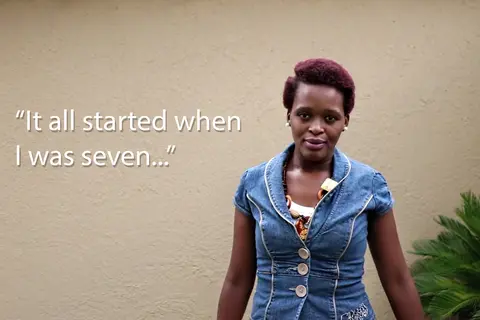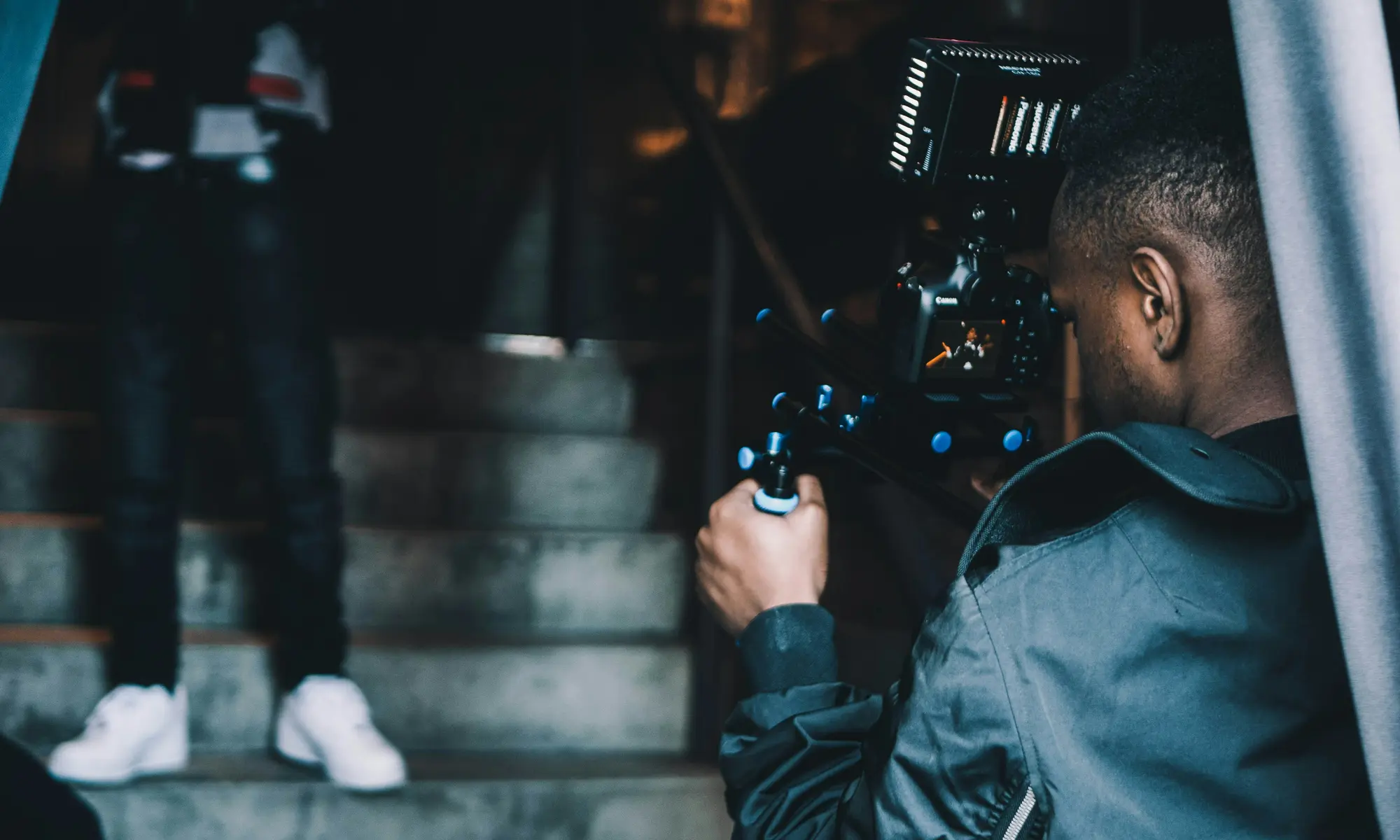Foreign nationals talk about their struggles in finding a home away from home
Written , XenophobiaHe hitchhiked to South Africa in 2017 with nothing more than the clothes on his back. The final push to leave was being beaten up by armed men who tried to force a false confession out of him that he was a spy for the South African government against the late president of Zimbabwe, Robert Mugabe.
“I jumped out of the window and fled,” he says. “Today I suffer from arthritis and struggle to walk because of the long journey and I have not received proper medical care,” says Rodney Chikwawawa (35).
Rodney had experienced many attacks in Zimbabwe as a vocal human rights and LGBTQI activist who openly spoke up about gross human rights violations in his home country. The media attention he received put a target on his back and led to a series of arrests and violent beatings under the instruction of the government.
Since coming to South Africa, he says he’s been a victim of xenophobia on several occasions. In the latest attacks, he was beaten and lost all his legal documentation granting him refugee status in South Africa.
“Without documentation you are nobody here. I can’t get a job and without a roof over my head, my money and valuable items are constantly being stolen by other homeless people,” he says.
When asked if he would return to Zimbabwe because of the xenophobic attacks in South Africa, the pain is evident in his voice.
“I can’t go back to Zimbabwe because if I do I will be killed and in South Africa I am homeless. I don’t know what to do.”
Heartlines meets Rodney at Sister Mura Foundation in Johannesburg, they assist migrants living with HIV/AIDS in South Africa. There are over 160 support group members and we catch him as he comes in to grab lunch.
Hadassah Hussein* (58) is the chairperson of the support group. She came to South Africa in 1995 from Zambia having received an invitation from a romantic suiter.
After staying with his family in the township of Tembisa, she returned to Zambia due to his infidelity and returned a year later when he promised to change his ways.
They lived together in Hillbrow till 2005 but their relationship ended when she was diagnosed with HIV.
“It’s not just in the streets where foreign nationals experience xenophobia, it’s also in schools, at work and in public healthcare institutions,” she says.
She was turned away from receiving ARVs at Hillbrow clinic because she was undocumented and received assistance at Nazareth House under the auspices of Irish born, Roman Catholic nun, Sister Mura, who ran a support programme that offered assistance to foreign nationals living with HIV.
Unfortunately, the hospice recently closed down.
“We were stranded, many people defaulted on their treatment and some died as a result, but medical doctor Dr Kerrigan McCarthy and Amsterdam based art-dealer Ricus Dullaert started the Sister Mura Foundation in 2017, to continue the work of Sister Mura, who had been sent back to Ireland.
Not only do they provide medical treatment, they also provide counseling and the upskilling of members to make bead work and to sew. In this way, the migrants don’t take other people’s jobs, as it’s around job creation.
Michelle Moyo* (35) is an economic migrant who travelled to South Africa at the age of 17 from Zimbabwe. Unable to find work or further her studies, she came to SA with the hopes of a better life to support her mother and three siblings.
She was fortunate to find work at a butchery as a cleaner and was promoted twice until she became purchasing assistant.
Sadly she was diagnosed with anaemia and HIV/AIDS and had to quit her job.
By then she was a single mother of two and says her partner left her when she fell pregnant with her second child.
“It’s not easy being in South Africa, because of xenophobia we constantly live in fear,” she says.
In the recent incidences she felt her livelihood was in danger when South African nationals went door-to-door at her block of flats looking for foreign nationals.
“We were threatened that when they return they will be cleaning up Hillbrow and want us all to leave.”
However she too cannot return to Zimbabwe.
“My mother and my siblings passed away, so I have no-one to go back to. I never knew my father,” she adds.
She is currently unemployed and has a sickly child to take care of.
“My daughter was admitted to Charlotte Maxeke hospital for two months with anaemia and now I have a large medical bill and receive numerous phone calls from the hospital.
“As a foreign national I feel like I have no rights, I can’t afford legal assistance and when I tell the hospital that I cannot afford the hospital bills, no one can assist me.”
However, she says she owes her survival to the support she has received at the Sister Mura Foundation. More than just assisting her with her medical treatment she is assisted with money to pay rent and food to look after her children.
*Not their real names. Rodney didn’t mind using his real name as he has been in the media as an activist.
According to the Human Science Research Council, the reasons for anti-immigrant violence in South Africa include fear and prejudice, misinformation about immigrants, a belief that immigrants cause/increase unemployment, are involved in criminal activities such as the selling and buying of drugs, are undocumented, and are a burden on resources such housing..
According to News 24, the Department of Home Affairs in SA processed over 633 395 applications for refugee status in South Africa and only 99 624 were granted. This means around 533 771 foreign nationals had to leave South Africa or remained in the country undocumented. However, there were 184 976 documented active asylum seekers in SA on December 31, 2018.
Since the recent xenophobic attacks Human Rights Watch has determined that Zimbabwean officials are working to repatriate about 170 Zimbabweans who had asked to return to their country, and Nigeria will repatriate approximately 600 of its citizens from South Africa.
Featured






